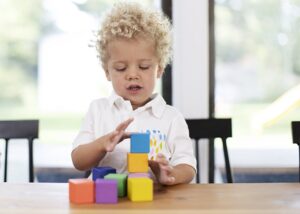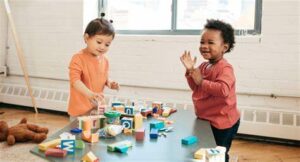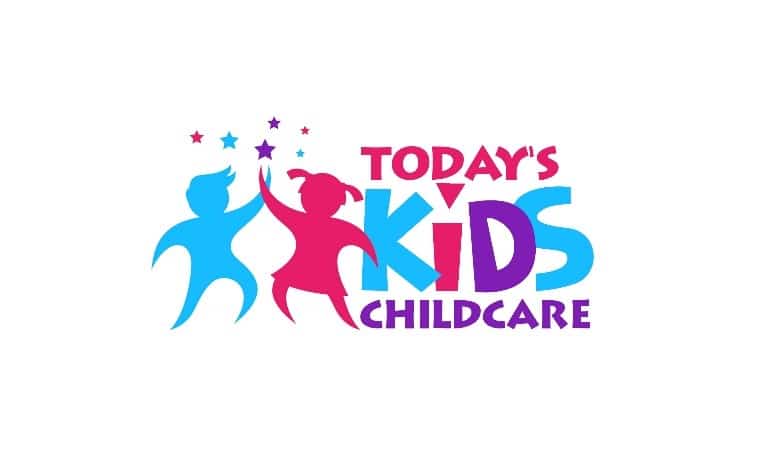The toddler years mark an incredible period of development and growth, as children transition from infancy to more independent individuals. During this stage, toddlers rapidly acquire new skills and abilities, shaping their future cognitive, physical, and social development.
In this blog post, we’ll explore the top 10 developmental milestones for toddlers that parents can anticipate and support.
1. Gross Motor Skills
- Walking Independently: Around 12-15 months, toddlers typically take their first steps and steadily progress from crawling to walking, gaining confidence in their newfound mobility.
- Running and Jumping: By age 2, most toddlers can run and jump, showcasing improved balance and coordination.
2. Fine Motor Skills
- Pincer Grasp: Around 9-12 months, toddlers begin to use their thumb and forefinger (pincer grasp) to pick up small objects, promoting fine motor dexterity.
- Stacking Blocks: Between 12-18 months, toddlers can stack a few blocks, a precursor to more refined fine motor skills.
3. Language Development
- First Words: Typically, toddlers say their first words between 12-18 months, gradually expanding their vocabulary to include a variety of words and simple phrases.
- Combining Words: Around age 2, toddlers start combining words into short sentences, enhancing their ability to express themselves.
4. Cognitive Milestones
- Imitative Play: From 12 months onwards, toddlers engage in pretend play and imitate everyday actions, showing growing cognitive understanding.
- Simple Problem-Solving: Around 18-24 months, toddlers exhibit basic problem-solving skills, like fitting shapes into corresponding holes.

- Expressing Emotions: Toddlers begin to express a wide range of emotions, such as happiness, frustration, and anger, enhancing their emotional literacy.
- Parallel Play: Around age 2, toddlers engage in parallel play, playing near other children but not yet actively engaging with them.
6. Self-Help Skills
- Feeding Themselves: Between 15-24 months, toddlers start feeding themselves with utensils, improving their self-help abilities.
- Toilet Training: From age 2 onwards, many toddlers show interest in toilet training, a significant step towards independence and self-care.
7. Social Interaction
- Responding to Emotions: Toddlers become more attuned to the emotions of others and may offer comfort or respond to others in distress.
- Simple Sharing and Taking Turns: They begin to understand the concept of sharing and taking turns in simple games or activities.
8. Spatial Awareness
- Understanding Shapes and Colors: By age 2-3, toddlers can identify basic shapes and colors, showcasing their developing cognitive skills.
- Simple Sorting and Matching: They may start sorting toys or objects by shape or color, demonstrating spatial awareness.
9. Understanding Instructions
- Following Simple Instructions: Toddlers become more adept at following simple instructions like “come here” or “sit down.”
- Listening and Responding: They begin to listen and respond to their name and simple commands.
10. Self-Expression
- Drawing and Scribbling: Toddlers enjoy scribbling and may start making recognizable shapes or lines on paper, indicating growing creativity and self-expression.
- Verbal Expression: They become increasingly expressive verbally, using words to communicate desires, interests, and thoughts.
Conclusion
The toddler stage is a whirlwind of growth, discovery, and newfound independence. Understanding and celebrating these developmental milestones can help parents provide the necessary support and encouragement to nurture their toddler’s abilities and ensure a smooth transition into childhood.
Each child is unique, so these milestones should serve as general guidelines, allowing room for variations in growth and development. Embrace this exciting journey with your toddler and relish in their achievements as they continue to amaze and astound you.
